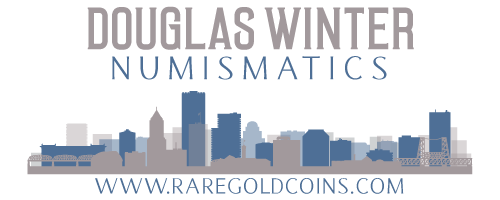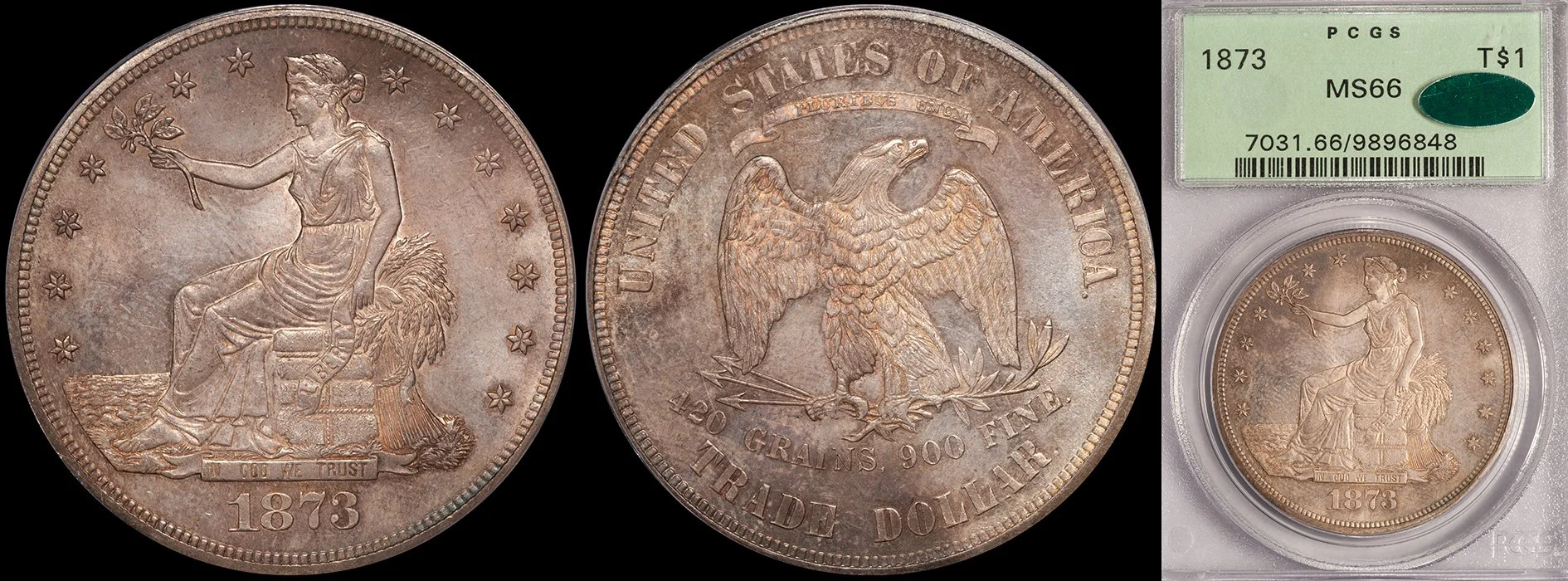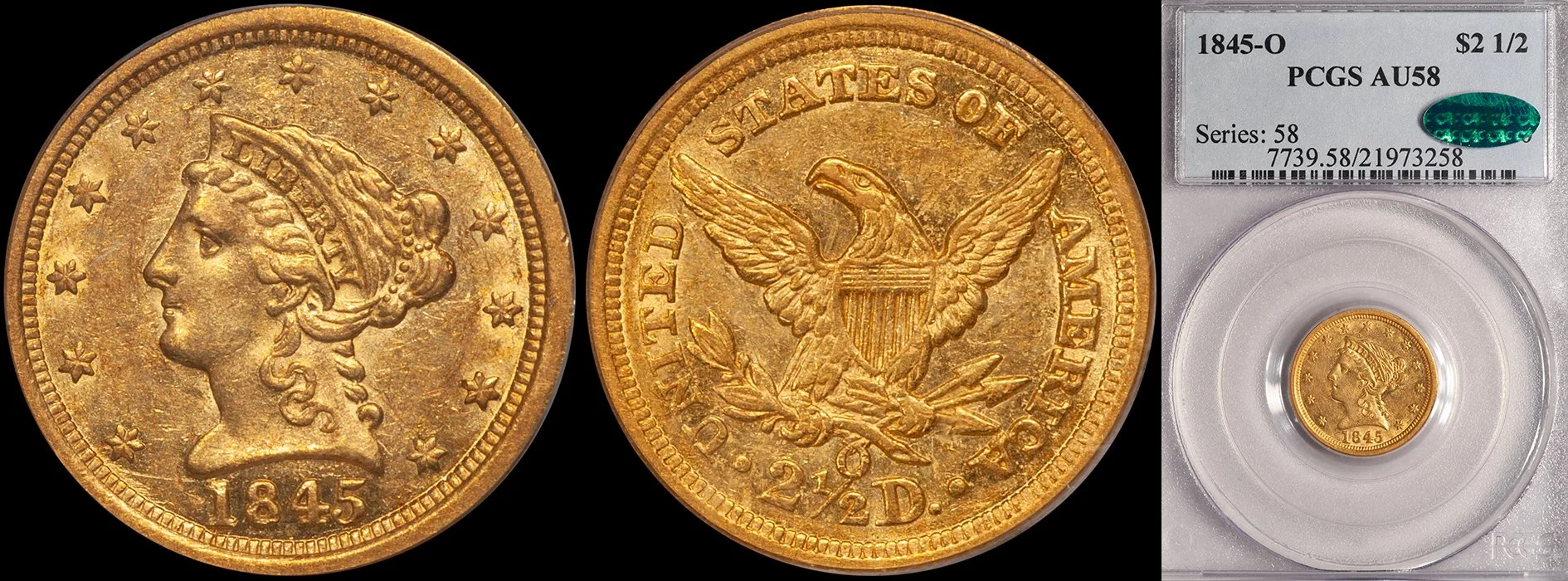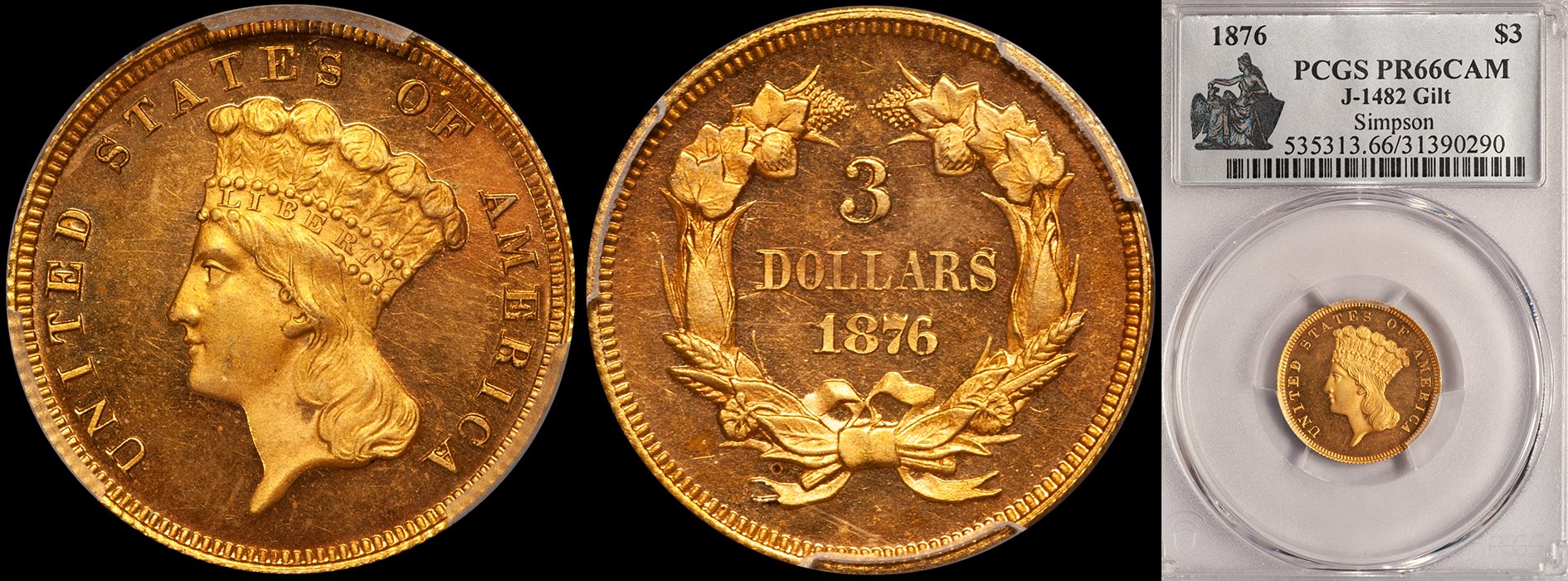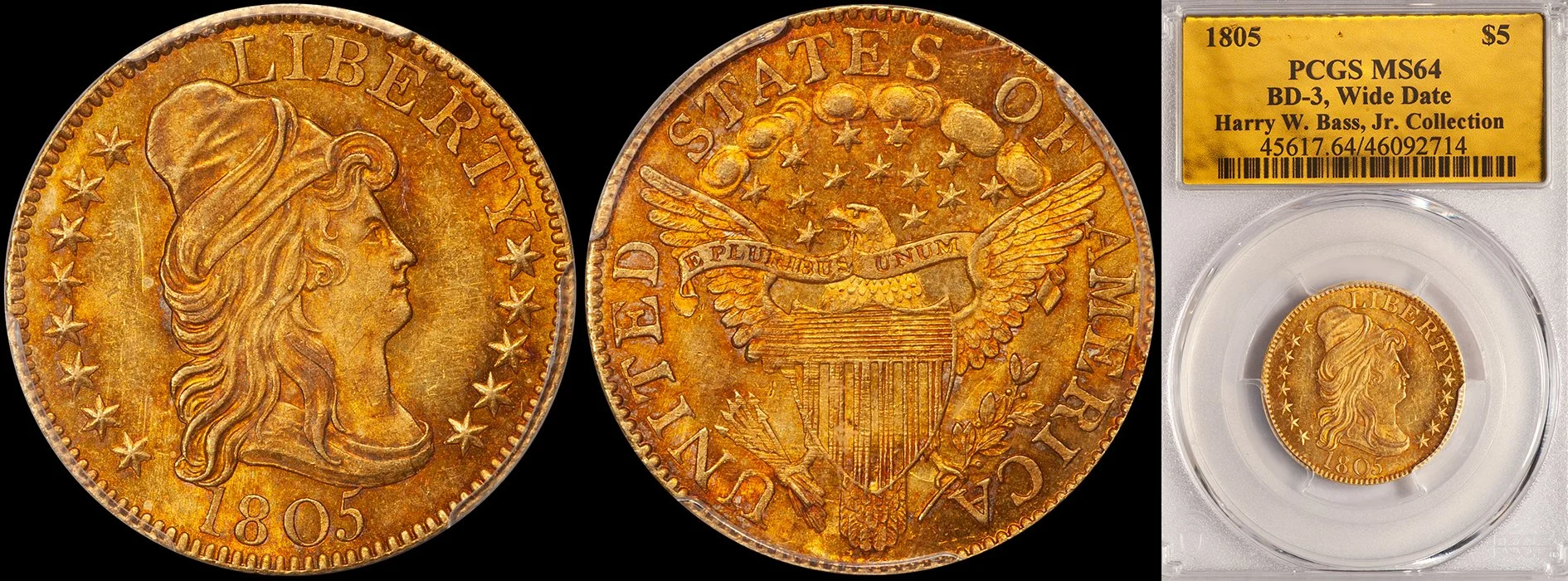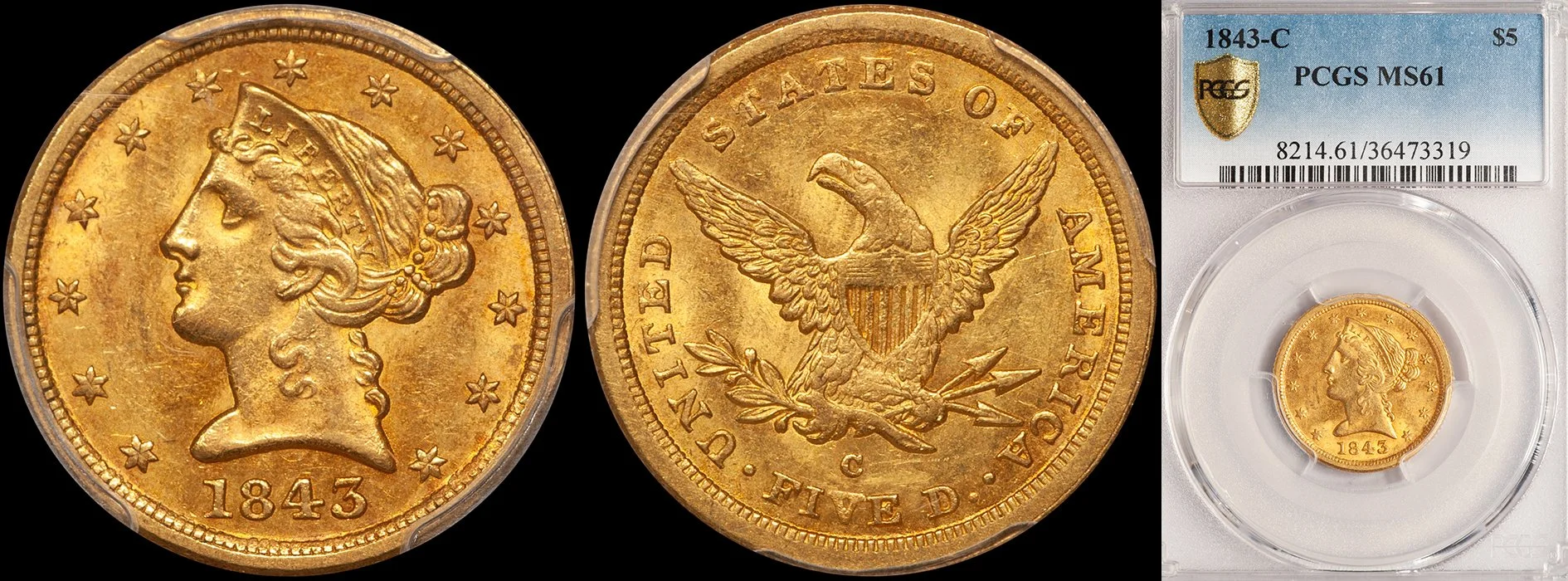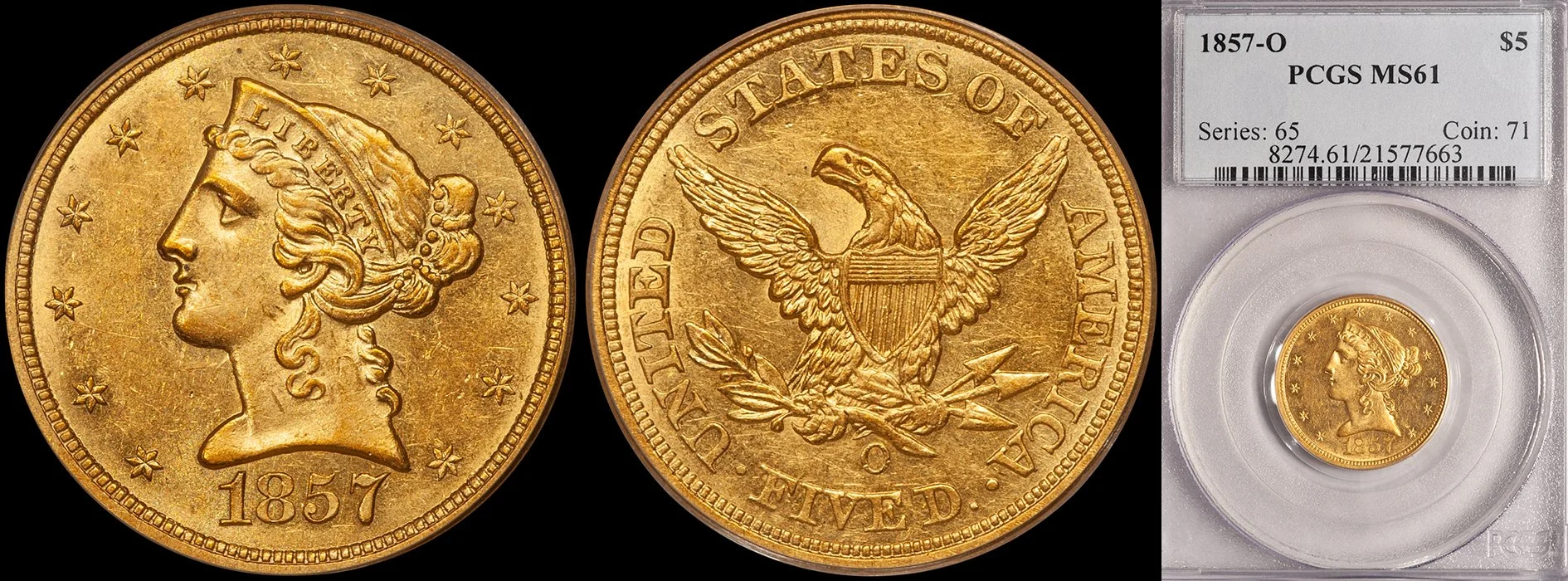Coin Collecting Questions & Answers
/I recently spoke at length to a number of people who were strongly considering becoming coin collectors. They all asked me a number of great questions. I thought I’d share one from each of them along with my answers. Q. How do I find a reputable dealer?
A. I recently moved to a new city (Portland, Oregon) and had to find all new doctors, tradespeople and stores. I made my decisions two ways. For the big decisions I relied on recommendations from trusted friends and acquaintances. For the less significant decisions I went with my gut. Choosing the right coin dealer(s) is the same.
If you’ve decided to form a highly specialized collection (Middle Date Large Cents, Three Dollar gold pieces or Civil War Tokens, as examples) find out who wrote the standard reference works and who typically handles the greatest number of choice, high quality pieces within a specific specialization. If you are working on a more general collection, ask around. Post on the PCGS and NGC message boards and determine whether Dealer X has a good reputation or not. I’d also strongly recommend sticking with PNG dealers. These individuals tend to be more established and reputable and most of the leading dealers are members of this organization.
And, finally, trust your gut. If a dealer strikes you as being a blowhard or a sleaze, don’t deal with him. Remember: your first impression about a coin dealer (or just about anyone else, for that matter...) is usually correct.
Q. Can I teach myself to grade coins based on images on websites?
A. Not a chance. Coins are three dimensional objects and until images are capable of accurately representing three dimensional objects they will never show subtleties such as luster and surface preservation. A good photograph can give a new collector a decent impression of a coin’s appearance but a clever photographer can manipulate an image through lighting or digital enhancement(s). Not to mention the fact that most new collectors do not really even know what they are looking at when they view images.
So, how does a new collector teach himself to grade? I’m not sure I can provide an answer that most collectors want to hear. I think that many collectors will NEVER be able to learn how to grade really well because grading is an aptitude. It’s no different than being able to hit a baseball or not. A limited number of people can hit a baseball well and only a few hundred people in the world can do it well enough to play professionally. Same with coin grading.
What the collector CAN teach himself is how to determine of a coin is nice or not. You may never be able to consistently figure if an MS66 is a nicer coin than an MS65 but you can be taught that certain “looks” on a coins are preferable to others. And that, I think, is what the new collector should aspire to learn.
Q. Is it important to go to coin shows?
A. It depends. I personally think that going to third-rate coins shows is a complete waste of time. But for the new collector, a good show like FUN or Summer ANA or Baltimore can be a useful experience. I think shows are more important as fact-gathering sources for new collectors than as places to buy coins. At shows you have to make quick decisions in a setting that is less than optimal. If you establish a good relationship with a dealer or two, you can be sent coins on an approval basis, view them at home, study price and population data and generally feel a lot less pressured than if you have to make a snap decision at the dealer’s table.
Q. How important is price when it comes to buying coins?
A. Everyone likes to feel that they got a fair value when they buy something. The same holds true with coins. But collectors who are totally focused on price are probably going to wind-up with a mediocre collection. I’m not making this statement just because I’m a dealer and I’m trying to “convince” you to pay a price for my coins, or anyone else’s. I can tell you, however, that to buy nice coins you have to be willing to pay a strong price. Collectors who are primarily focused on price are probably going to do this at the exclusion of quality.
So how, then, do you establish what a fair price is for a coin? For items that trade with frequency, like a common date MS65 St. Gaudens double eagle, this is very easy. You can see what examples have sold for at auction and you can check various dealer websites and see what specific coins are being listed for. With rare, thinly traded coins it is harder to determine value. Auction prices realized are certainly a good source. Asking a trusted dealer what you would have to pay for a certain coin is good idea as well.
Do you have questions about rare coin collecting that you’d like answered? If so, please feel free to email them to me at dwn@ont.com. I make no guarantees that they will get featured in future blogs but if I like your question(s) there is a good chance that they will become a topic of discussion.
